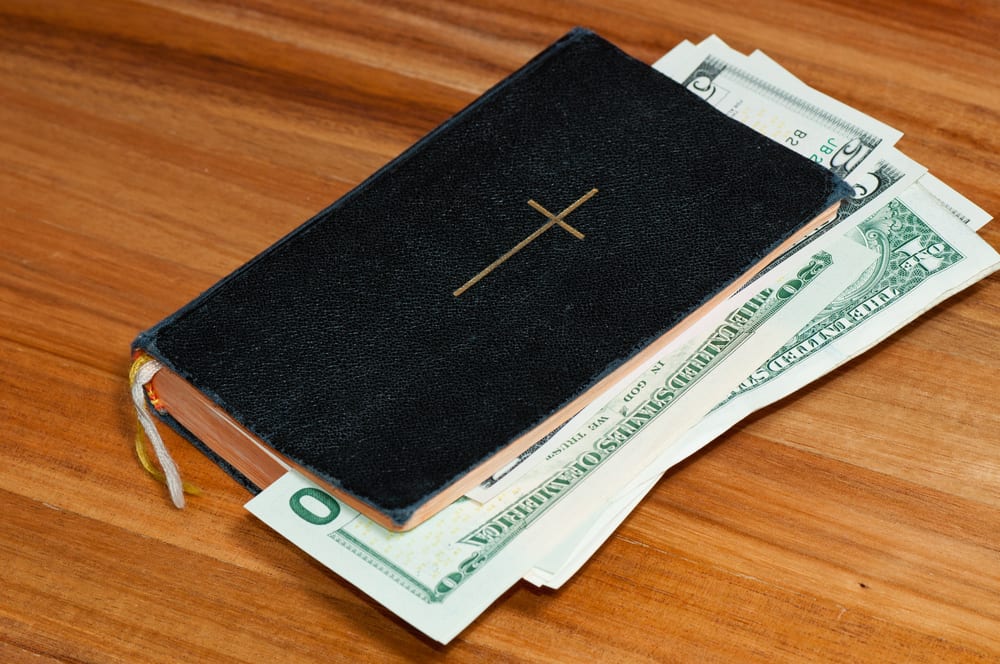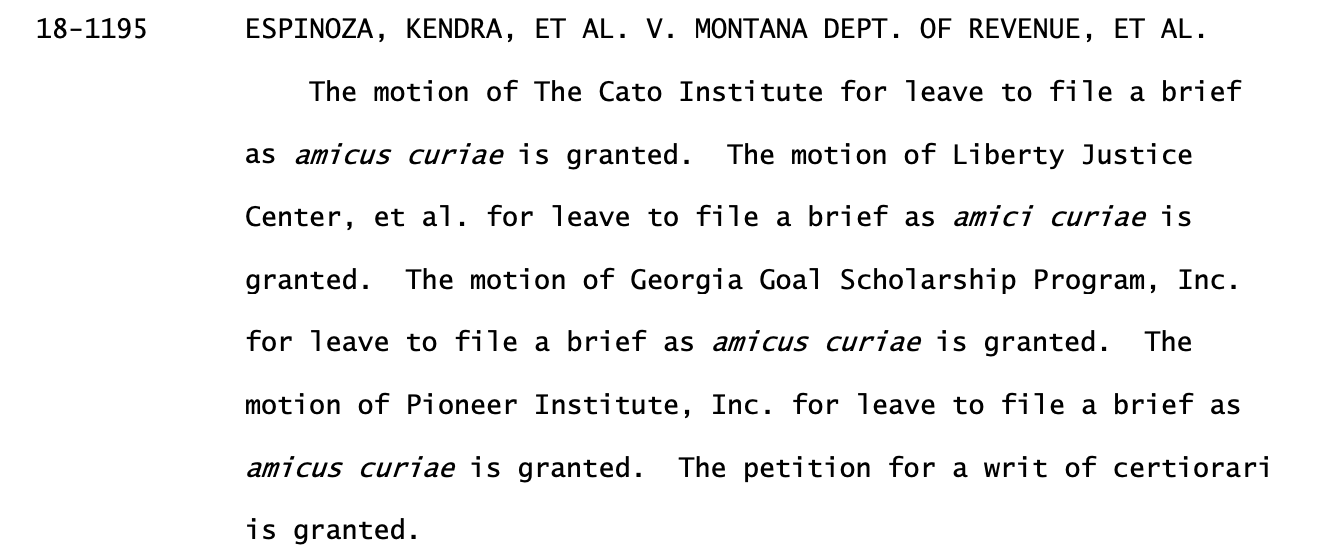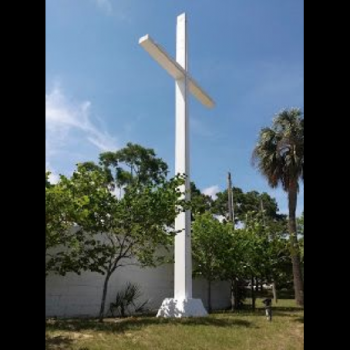In 2015, the Montana legislature passed a bill giving a $150 income tax credit to residents who funded private school scholarships. If you gave the schools some money, the state would, in essence, reward you for it.
It sounded fine until you realized most of those private schools were religious. So the government was really just rewarding people for giving money to a religious school even if the law was theoretically secular.
The money itself wasn’t a huge deal. It was the principle that mattered. Article X, Section 6 of Montana’s constitution explicitly forbids public money funding religious schools… yet the law established a link between public money and religious schools.

The argument against this line of thinking was that a tax credit wasn’t really “public funds,” and the donations were ultimately helping students, not the religious schools.
Both were weak. The government was effectively, albeit indirectly, subsidizing tuition at religious schools. Even if the scholarships were for students, the schools received a benefit from being able to offer those scholarships since they enticed more people to possibly go there.
The Montana Supreme Court thankfully saw through those pathetic arguments. In December, they voted 5-2 to strike down the 2015 law.
“The (tax credit) permits the Legislature to subsidize tuition payments at religiously-affiliated private schools,” Justice Laurie McKinnon wrote for the majority. “That type of government subsidy in aid of sectarian schools is precisely what the (constitutional) delegates intended (the constitution) to prohibit.”
It was a decision that Americans United for Separation of Church and State celebrated — and why not? They wrote an amicus brief in support of this outcome.
“Montana taxpayers should never be forced to fund religious education — that’s a fundamental violation of religious freedom,” said Rachel Laser, president and CEO of Americans United. “The Montana Supreme Court’s decision protects both church-state separation and public education. It’s a double win.”
…
“Tuition-tax credit programs like Montana’s are a transparent attempt to circumvent state constitutions that prohibit public funding of religious education,” added Alex J. Luchenitser, associate legal director for Americans United. “The Montana Supreme Court correctly saw through this money-laundering scheme. Other state courts should follow suit.”
That didn’t sit well with the supporters of the “money-laundering scheme.” They argued that this tax credit was merely an extension of the U.S. Supreme Court’s Trinity Lutheran case in which the justices said religious institutions could be eligible for taxpayer-funded grants offered by the state as long as they were for a secular purpose. If the Montana law was secular, they said, why should people who want to donate to religious private schools not be eligible for the tax benefits?
Americans United said the answer was simple: They’re weren’t making a donation that went to a secular purpose: The “religious schools in Montana require students to take religious classes that indoctrinate the students in the schools’ faiths.”
On the flip side, plaintiffs like Kendra Espinoza said that without the tax credit, her daughters couldn’t get a scholarship to a private school: “The court’s ruling discriminates against religious families and every Montana child who is counting on these scholarships.”
That was a lie. Of course her kids could get a scholarship. Religious schools could continue to offer them and donors could always fund them. They just shouldn’t be getting a reward from the government for doing so — that’s what this case was about.
And now the Supreme Court is stepping into the mix. Earlier today, they agreed to take up this case themselves.

They will get to decide if the Montana Supreme Court violated the U.S. Constitution by blocking a neutral-on-the-surface program just because it benefitted religious schools. The conservatives are claiming it’s a form of religious discrimination, but remember that scrapping the whole program (which they did) is much different than blocking benefits from only helping people who gave to religious private schools (which they did not).
As Rob Boston of Americans United puts it, “the fate of public education and church-state separation may hang in the balance.” He adds that SCOTUS overturning the state’s decision “would open the floodgates to lots more taxpayer money flowing to religious schools,” something that would inevitably hurt public school funding.
Peter Greene, writing for Forbes, expanded on that idea.
The case matters because it could extend the Trinity Lutheran notion that free exercise beats the establishment clause. The case matters because it could open the door wide to the use of public tax dollars for private religious schools. The court could also drive a stake through the heart of voucher programs aimed at shuttling public funds to private religious schools, no matter how clever and convoluted the voucher scheme may be. That last possibility seems less likely, because, as with many issues beloved by the right, this is an issue that may be facing the friendliest court in many decades.
This is the sort of Supreme Court case that Education Secretary Betsy DeVos has been dreaming of — a chance for taxpayer money to benefit religious education. The fact that this Supreme Court will now get to decide that is incredibly troubling.
(Image via Shutterstock. Thanks to everyone for the link)




It’s Moving Day for the Friendly ..."
It’s Moving Day for the Friendly ..."
It’s Moving Day for the Friendly ..."
It’s Moving Day for the Friendly ..."